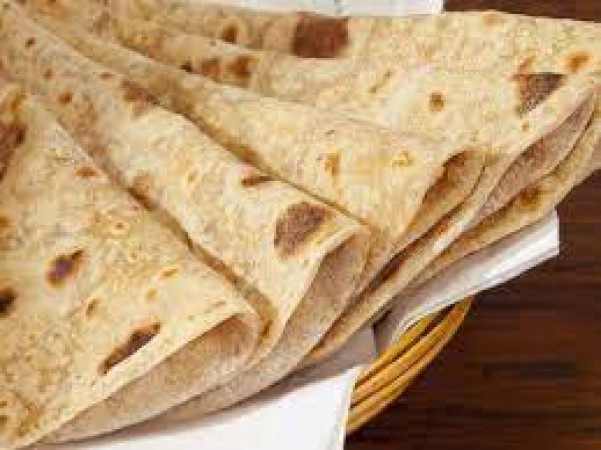
In our fast-paced lives, it's not uncommon for leftovers to end up in the trash, and stale rotis (Indian flatbreads) often meet this fate. However, what if I told you that discarding stale rotis might not be the best decision, especially when considering health concerns such as diabetes management and weight loss? In this article, we will explore the surprising benefits of stale rotis and how they can contribute positively to your health.
We've all encountered stale rotis at some point, often dismissing them as unfit for consumption. However, recent research has shed light on the potential benefits of consuming stale rotis, transcending cultural norms and highlighting their impact on health and wellness.
Stale rotis undergo a process called retrogradation, where the starch molecules in the bread realign themselves after cooling. This makes the bread harder and less palatable to eat immediately. However, the complex starch structure that forms during retrogradation offers certain health advantages.
Stale rotis retain a significant portion of their original nutrients even after the retrogradation process. They are rich in dietary fiber, which aids digestion, regulates blood sugar levels, and promotes a feeling of fullness.
For individuals with diabetes, consuming stale rotis can be beneficial. The gradual digestion of the complex starches in stale rotis leads to a slower and steadier release of glucose into the bloodstream, helping to prevent sudden spikes in blood sugar levels.
Including stale rotis in your weight loss diet can be advantageous. The fiber content promotes satiety, reducing overeating, while the slower digestion prevents rapid fluctuations in blood sugar that can trigger cravings.
Adopting stale rotis into your meals can be creative and delicious. They can be used in various ways, such as making tasty chips, croutons, or even incorporating them into soups and salads.
Explore exciting recipes like "Roti Nachos" or a refreshing "Roti Salad Bowl." These innovative dishes showcase the versatility of stale rotis and how they can easily become a favorite ingredient in your kitchen.
To prevent your rotis from turning excessively hard, employ smart storage techniques like using airtight containers or resealable bags. You can also reheat them slightly or sprinkle water before reheating to restore some softness.
Dispelling myths about stale rotis is crucial. They are not just "spoiled" food; rather, they are an opportunity to embrace nutritional benefits while minimizing food wastage.
Dietitians and nutritionists weigh in on the advantages of incorporating stale rotis into your diet. Their insights provide a holistic view of how these seemingly plain breads can make a remarkable difference.
Reducing food waste, including stale rotis, contributes to a more sustainable environment. Discover how this small dietary shift can play a role in reducing your carbon footprint.
Stale bread is a common element in various cuisines worldwide. Uncover how different cultures utilize and celebrate the potential of leftover bread in their culinary practices.
Many traditional cultures have valued and utilized stale bread for generations. Understanding the historical context sheds light on the wisdom that has been passed down through ages. Before you dismiss that stale roti, reconsider its potential benefits. From aiding diabetes management to supporting weight loss goals, these seemingly unappetizing breads hold a treasure trove of health advantages. In conclusion, the journey from considering stale rotis as waste to recognizing their potential as a health asset is a remarkable one. By embracing the science behind them and exploring innovative culinary approaches, you can make the most of these unsung heroes of the kitchen. So, the next time you find a stale roti, remember that you're not just avoiding food wastage – you're taking a step towards a healthier you.
Boost Digestive Health with Our Tasty Broccoli Carrot Salad Recipe